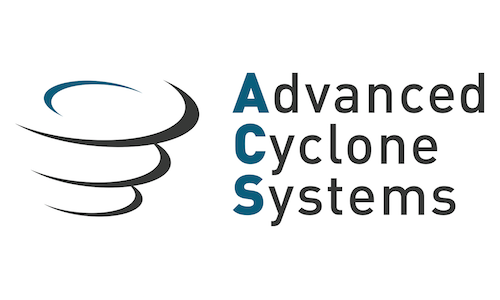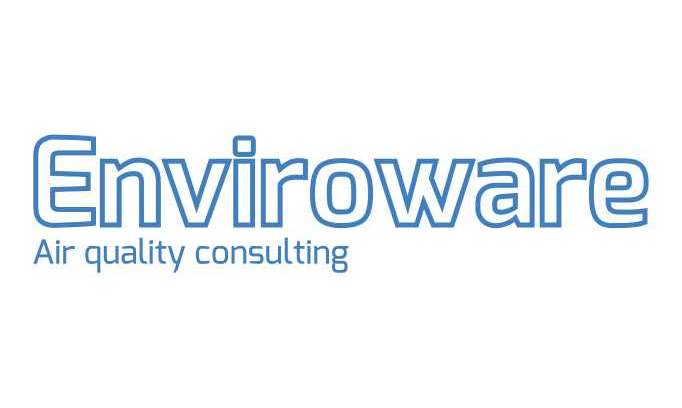Welcome to APSI - the Air Pollution Scientific Initiative
APSI Flyer
APSI Topics MATRIX
The APSI Topics MATRIX shows all the topics we would like to provide material for. The topics are broken down by subtopic and learning level (Basic, Intermediate, Advanced). Filled cells in the learning level columns of the MATRIX indicate that a learning guide is available on APSI. The MATRIX also contains links to local studies, air pollution books, and lecture sets.
Read more →Featured Items
APSI Topics MATRIX The MATRIX shows which learning guides are available, and all topics APSI would like to provide material for
COVID-19 Guide A guide to describe potential atmospheric transport of the virus SARS-CoV-2
Interview With Dr. Zorana Jovanovic Andersen Part of APSI's interview series with senior experts in the field of air pollution
Mission and Goals
The Air Pollution Scientific Initiative (APSI) was launched in May 2020 as part of the activities of the non-profit EnviroComp Institute. The main goal of APSI is the creation of an evolving, multilingual repository of knowledge in air pollution sciences.
Multilingual Support
With this multilingual resource guide, learn how to translate webpages and PDFs, as well as the captions in videos.
Multilingual Guide Guía multilingüe Guia Multilíngue Guida multilingue Mehrsprachiger Reiseführer Guide multilingue 多语言指南 多言語ガイド دليل متعدد اللغات बहुभाषी गाइड বহুভাষিক গাইড Многоязычный гидAPSI Team
The members of the APSI Advisory Board, Associates, and Administrators.
Donate and Support
APSI activities are supported by the EnviroComp Institute, voluntary work offered by members and associates, and donations. Donations to the EnviroComp Institute - a 501(c)(3) Organization - will speed up our work and allow us, in particular, to provide free, high-quality, multilingual teaching and learning tools to individuals in emerging countries.
Air Pollution Sub-Topics
The APSI MATRIX sub-topic categories are introduced below.

INTRODUCTORY TOPICS
Learn the basics in subjects such as air pollution history, emissions, spatial scales, air pollution meteorology, chemistry, deposition, indoor air pollution, and adverse effects.
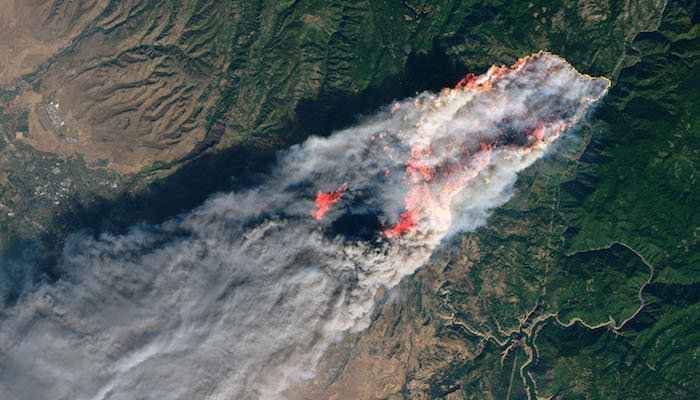
EMISSIONS
Explore the sources of natural and anthropogenic emissions, such as forest fires, dust storms, biomass burning, and power plants.
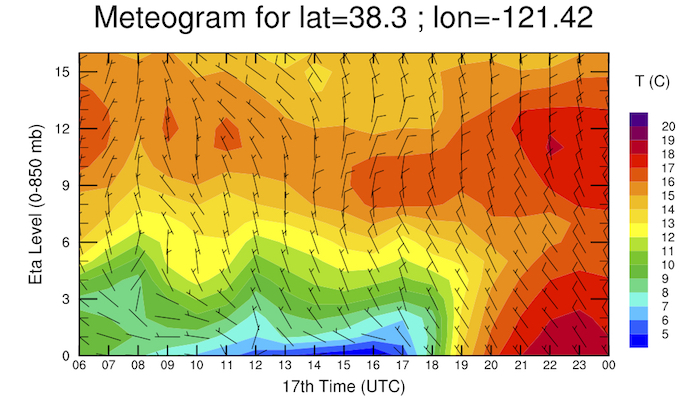
MODELING
Determine the best practices in air quality modeling. Dive into subjects such as the different types of models, spatial and temporal scales, model uses, model accuracies, and much more.
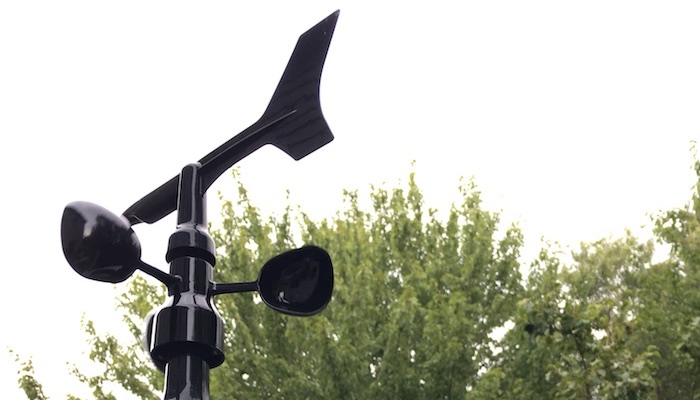
MONITORING
Air quality monitoring provides the data needed for many air quality applications. Gain knowledge in the topics that surround monitoring such as meteorology, air quality, and tracer studies.
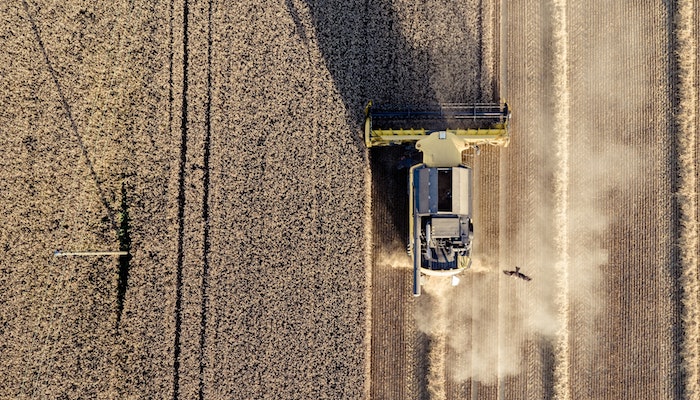
AIR POLLUTION ENGINEERING
Discover the fields of research and application within air pollution engineering, including fugitive dust, chemical processes, waste incineration, petroleum, and many more.
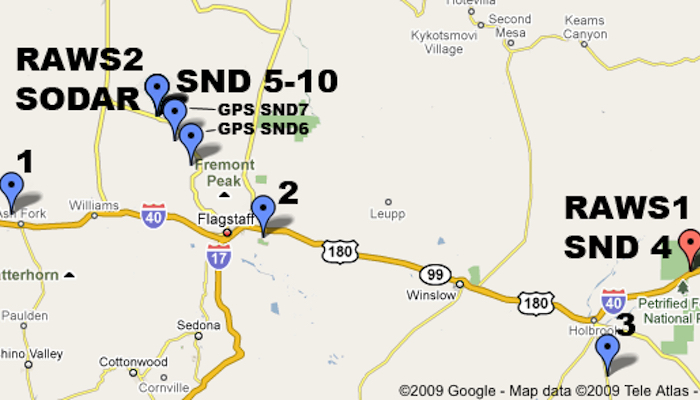
OTHER TOPICS
Other topics of consideration within the field of air pollution include data analysis, regulations, major air pollution events, field studies, and tracer experiments.
Interviews with Senior Experts
APSI will provide video interviews with senior experts in the field of air pollution. These interviews, with multilingual subtitles, will be informal conversations with the interviewee not only about their work, but also the life events that happened along the way.
For those interested in preparing video interviews for contribution to APSI, video production instructions are available.
Sponsors and Supporters
We welcome the support of individuals and organizations. Please contact us to get involved.




